The smallest test tube in the world
Prof. Dr. Helmut Schwarz receives the "BBVA Foundation Frontiers of Knowledge Award"
Mass spectrometry enables us to detect and identify molecules and reveal their structure. Whether in chemistry, biochemistry or forensics - mass spectrometry opens up unexpected insights into the composition of our world. Immerse yourself in the fascinating world of mass spectrometry!
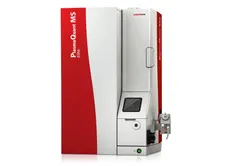
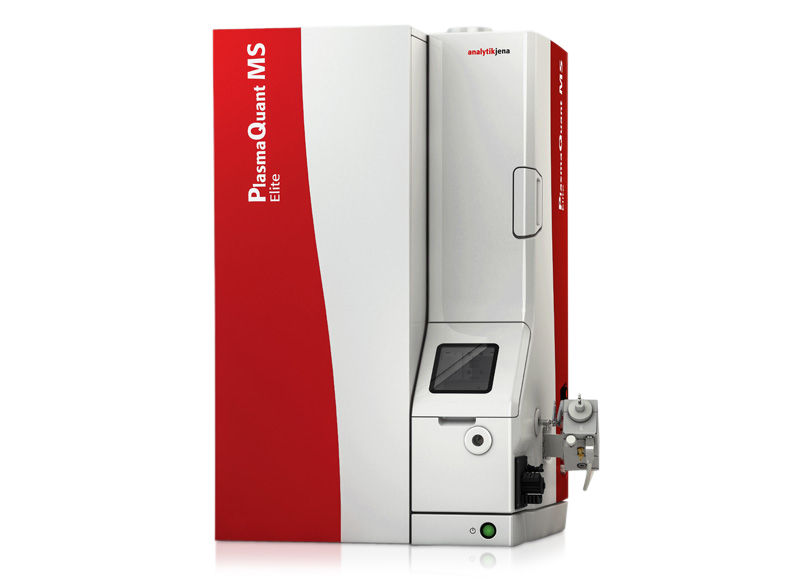
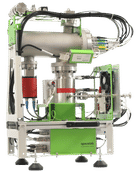
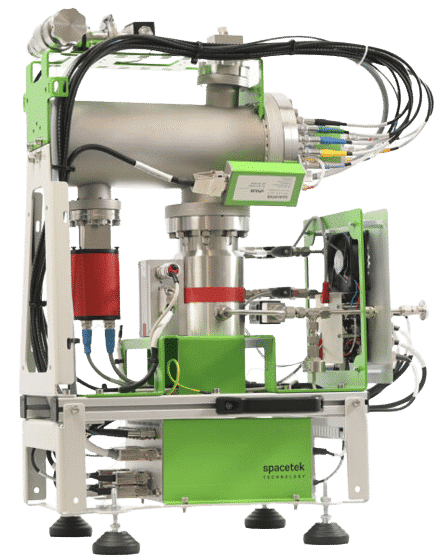


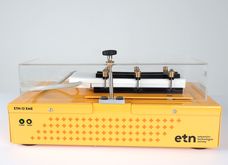
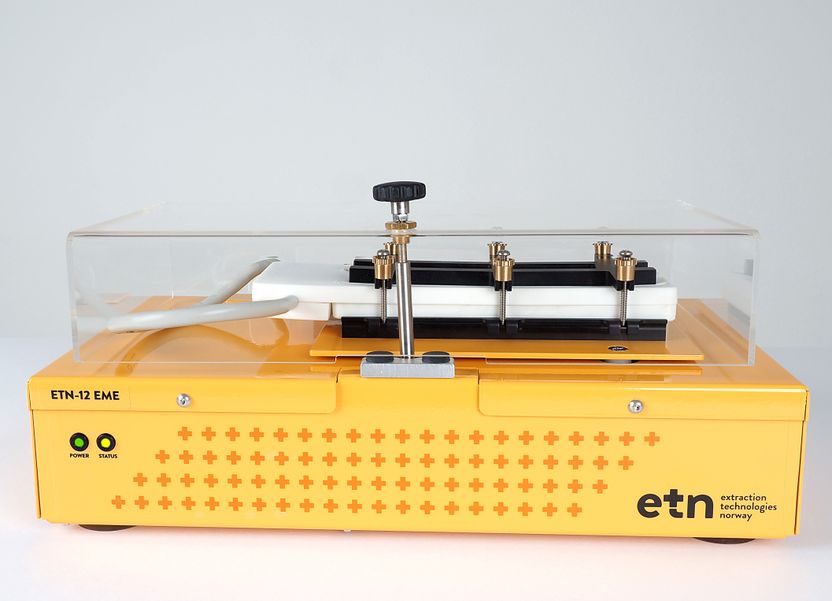

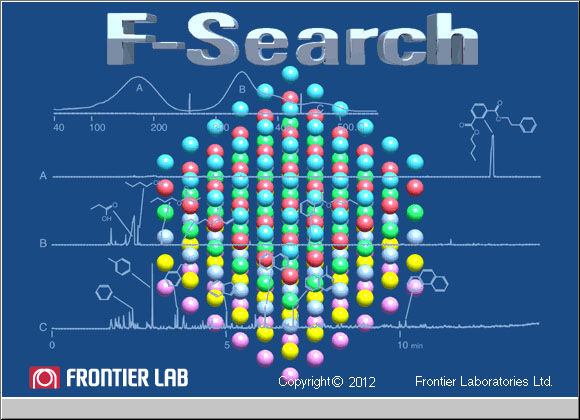

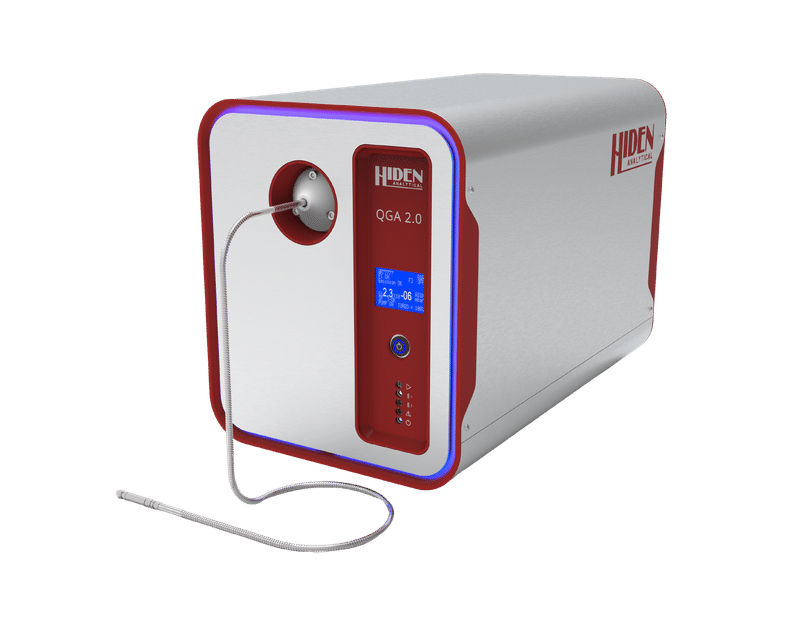
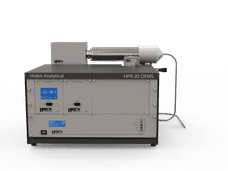
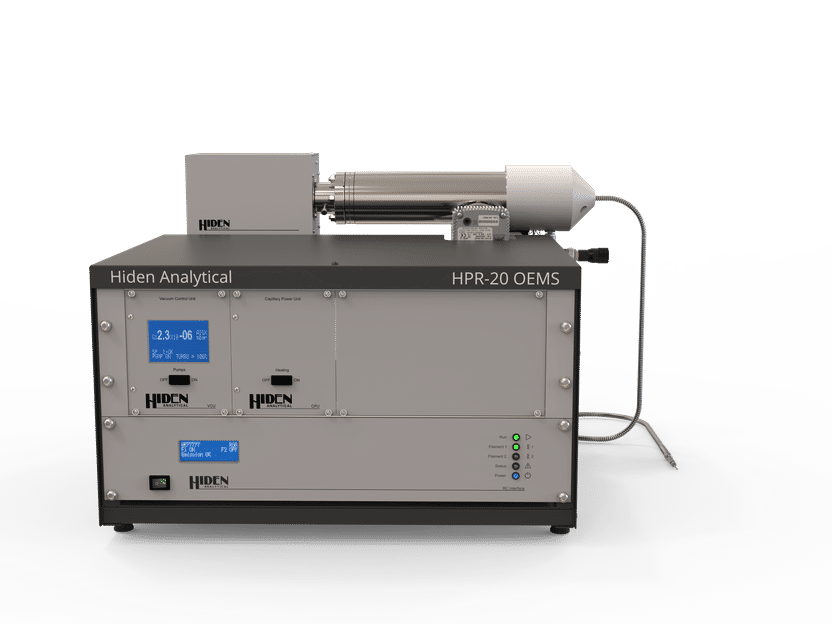

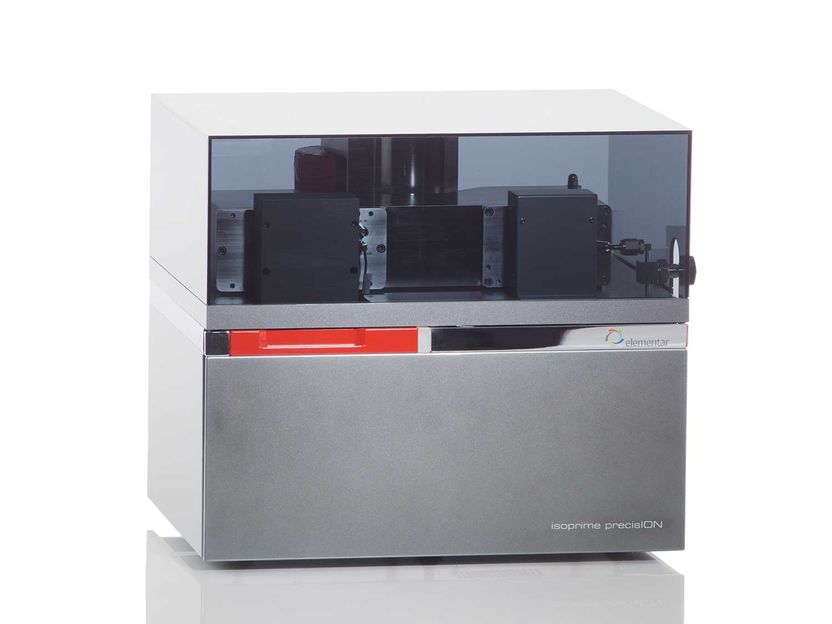


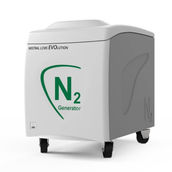

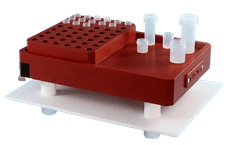
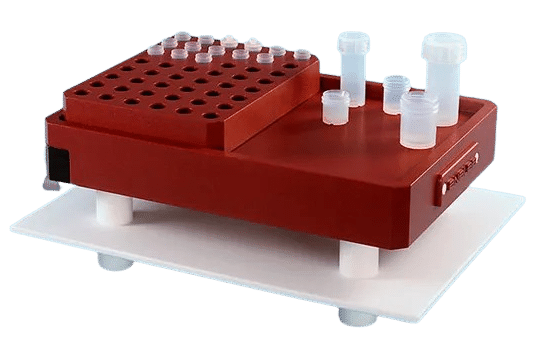


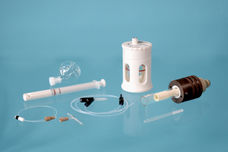
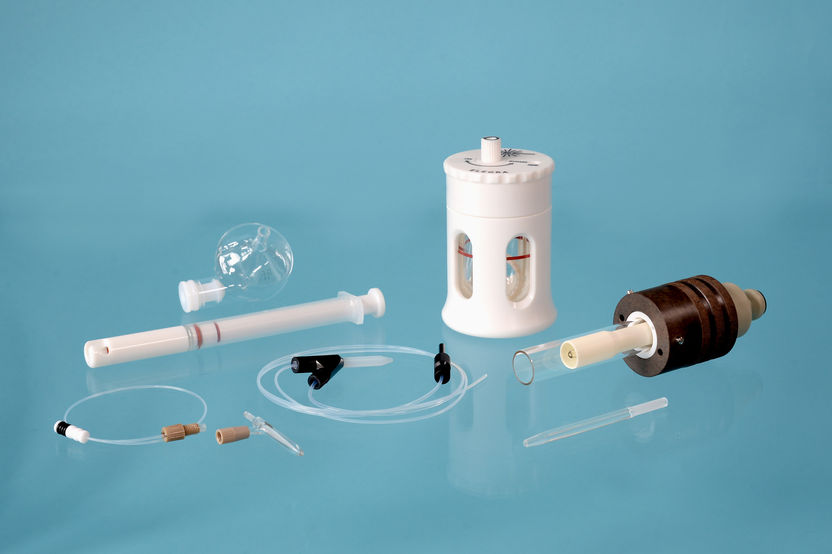
History of mass spectrometry The history of mass spectrometry dates back more than one hundred years and has its roots in physical and chemical studies regarding the nature of matter. The study of gas discharge s in the mid 19th century led to the discovery of anode and cathode ray s, which turned ...
View articleInductively coupled plasma mass spectrometry ICP-MS (Inductively coupled plasma mass spectrometry) is a type of mass spectrometry that is highly sensitive and capable of the determination of a range of metals and several non-metals at concentrations below one part in 1012. It is based on coupli ...
View articleMass spectrometry Mass spectrometry is an analytical technique that measures the mass-to-charge ratio of ion s. It is most generally used to find the composition of a physical sample by generating a mass spectrum representing the masses of sample components. The mass spectrum is measured by a mass ...
View articleCoping with the complexity of this “mass” market ...
View articleIdentifying a molecule or an atom by its mass is easy with a mass spectrometer. Find out how these fascinating instruments work. ...
View article© 1997-2025 LUMITOS AG, All rights reserved